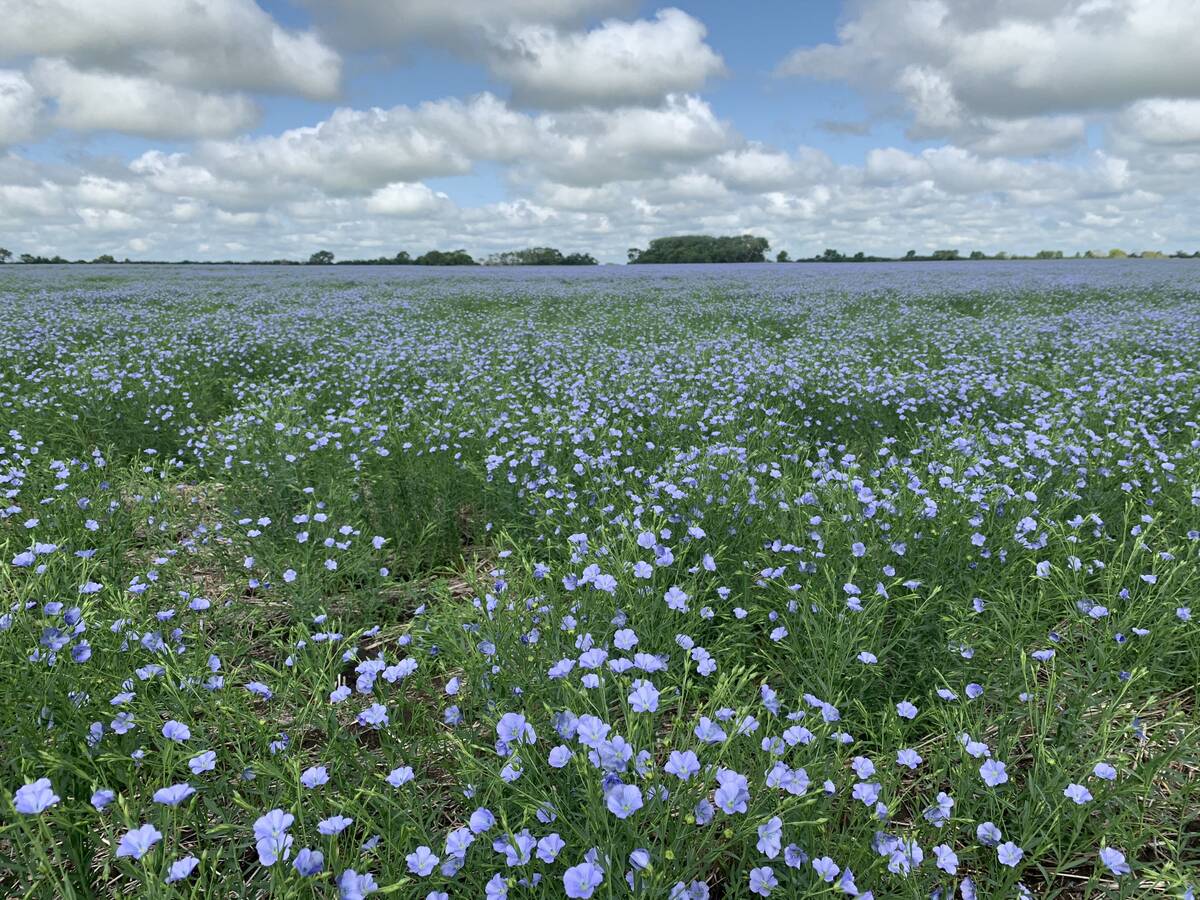Farmers should not give up hope on a successful conclusion to the Doha Round of the World Trade Organization discussions, says the leader of a major U.S. farm group.
In November, it will be 15 years since the round was officially launched at the WTO’s Fourth Ministerial Conference in Doha, Qatar.
“There have been a lot of people pulling hair out about the Doha Round,” said Tom Sleight, president of the U.S. Grains Council.
“When are they going to put a fork in it? That sort of thing.”
Read Also

Flax sector sees omega-3 opportunity
SASKATOON — A global shortage of omega-3 oils could be an opportunity for the flax sector, says an industry official….
Former Canadian agriculture minister Gerry Ritz is one of those who believes it will be impossible to forge a deal when all 160 WTO members have the power to block a potential pact.
“Everybody has a veto. You’re never going to get agreement,” he said during an editorial board meeting with Western Producer staff last March.
Many Canadian farm groups have echoed that sentiment. They are fed up with the lack of progress around the WTO negotiating table.
The latest setback was the failure to come to an agreement at the Tenth Ministerial Conference in Nairobi, Kenya, in December.
“We didn’t really see quite the progress we wanted to see,” said Sleight.
“Nevertheless, it’s still going.”
Sleight said farmers need to have more patience and farm groups need to remain fully engaged in the process as WTO countries work through stumbling blocks related to food safety and domestic subsidy issues.
“I think the holdup is it’s a new WTO than it was a generation ago, where if the EU and the U.S. and a few others could come to an agreement, things usually happened,” he said.
“Now it’s a much more complicated body.”
That is because countries such as Brazil, India, China and Russia have a lot more say in the process than they used to.
“That changes the whole nature of the conversation within the WTO,” said Sleight.
“We can’t get too frustrated with the lack of progress because it’s so much more complicated now than it used to be.”
India stymied the latest round of negotiations with its concerns over food safety. He said groups like his need to convince countries like India that liberalized trade is the way to address their food safety concerns.
Agricultural groups are going to gather in the spring to try to hash out some solutions in time for the Eleventh Ministerial Conference in 2017.
“I’d say for agriculture, we’ve got to hang in there,” said Sleight.
“Agriculture needs the WTO. They form the foundation for trade. We need them.”
sean.pratt@producer.com















